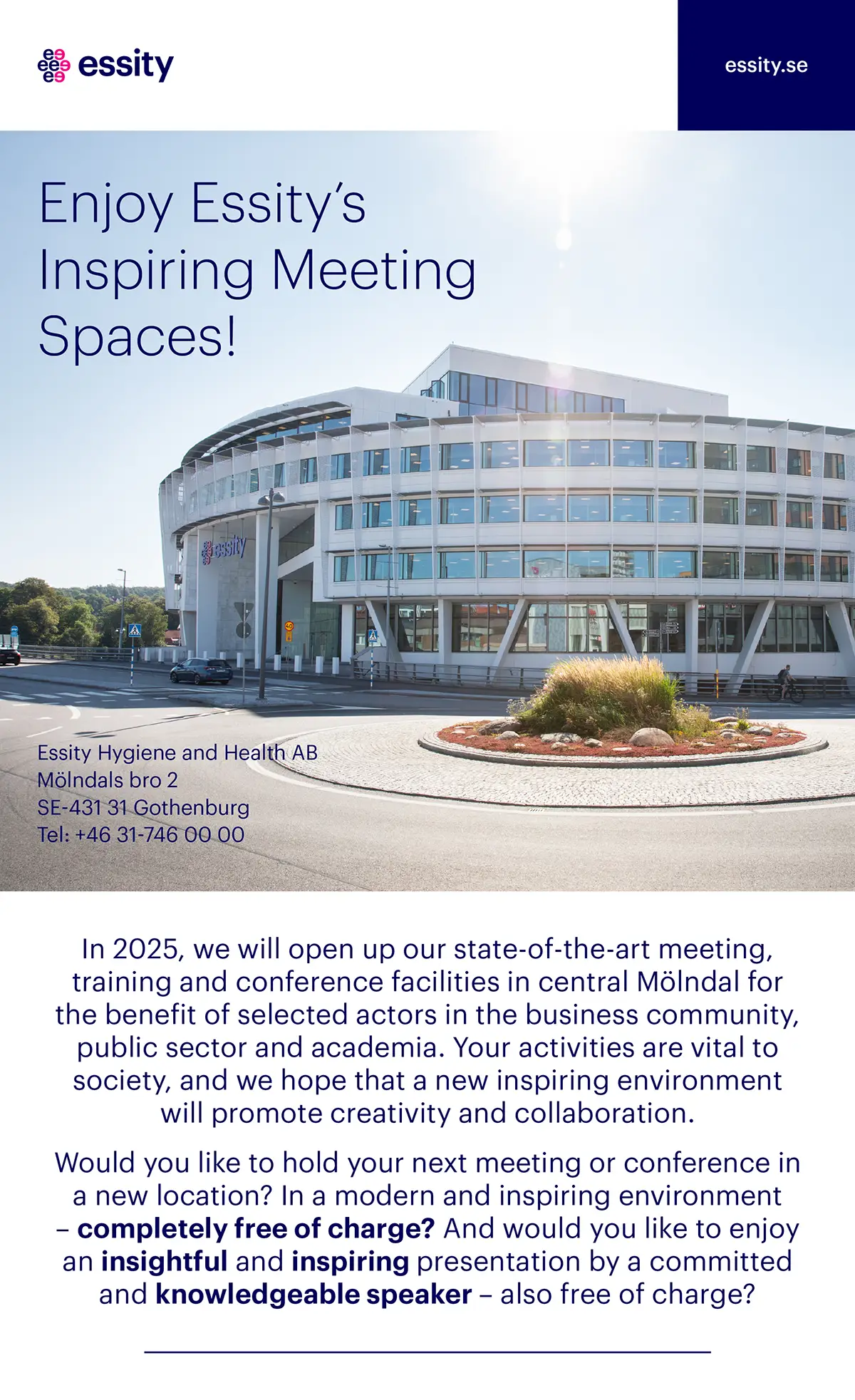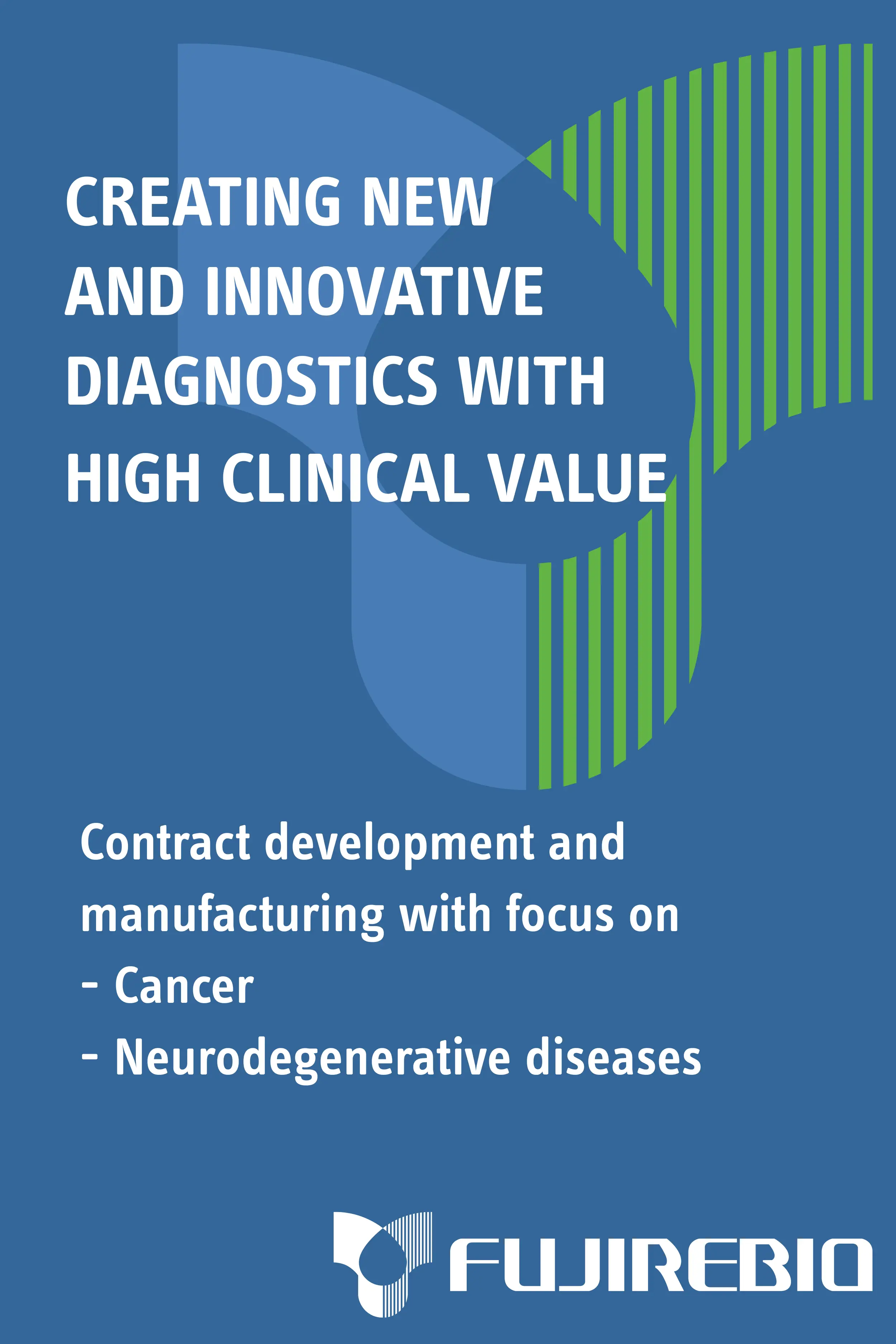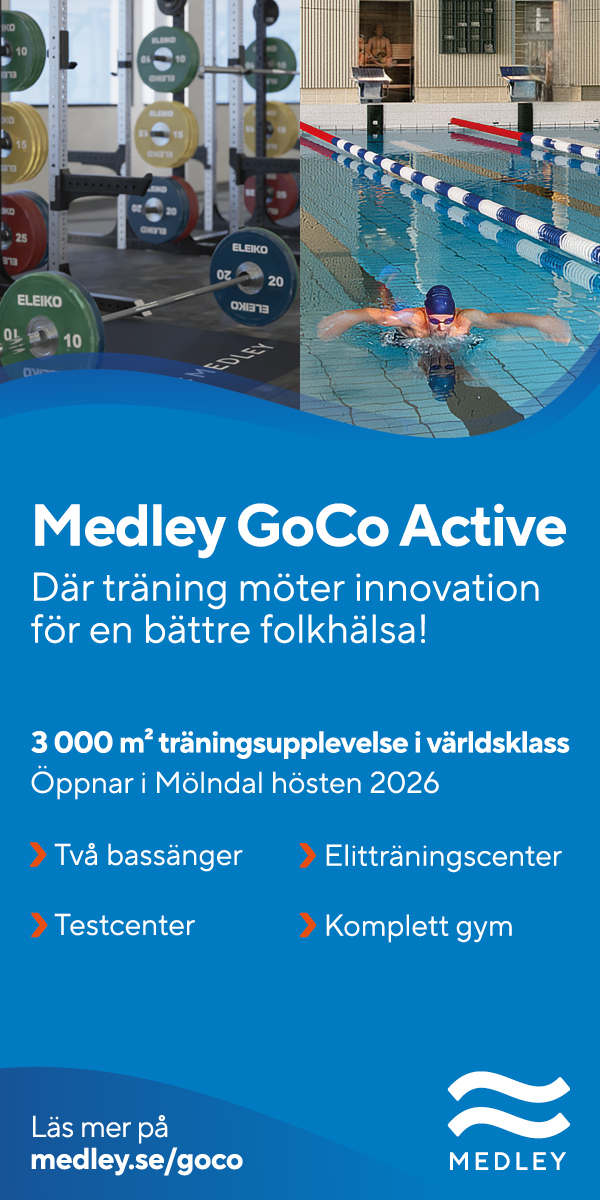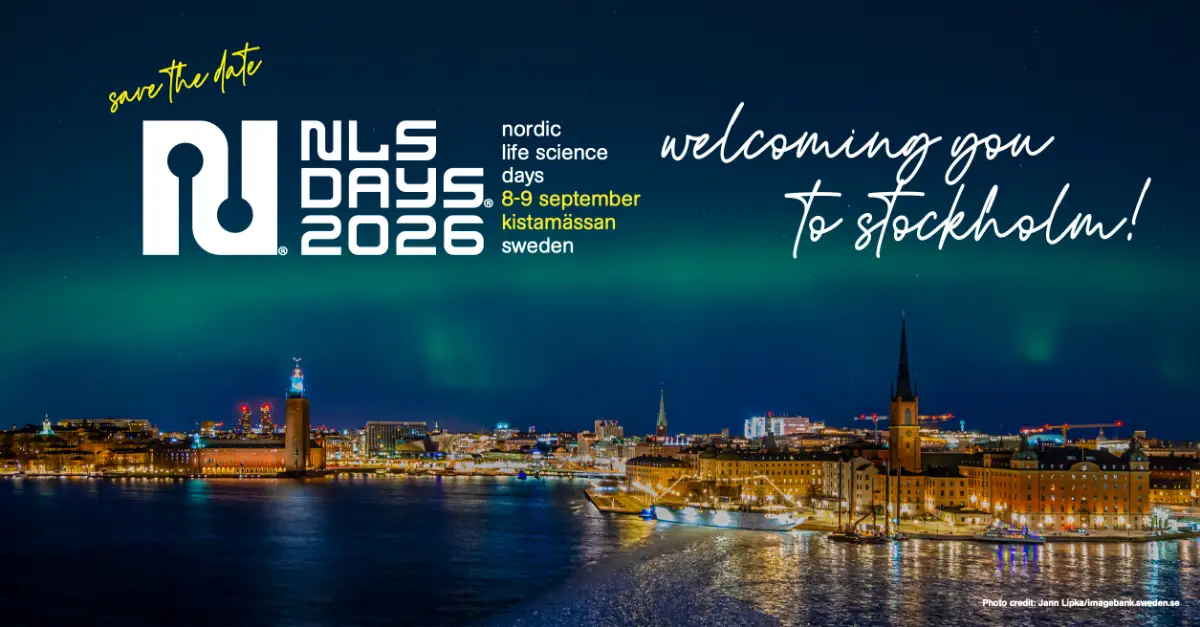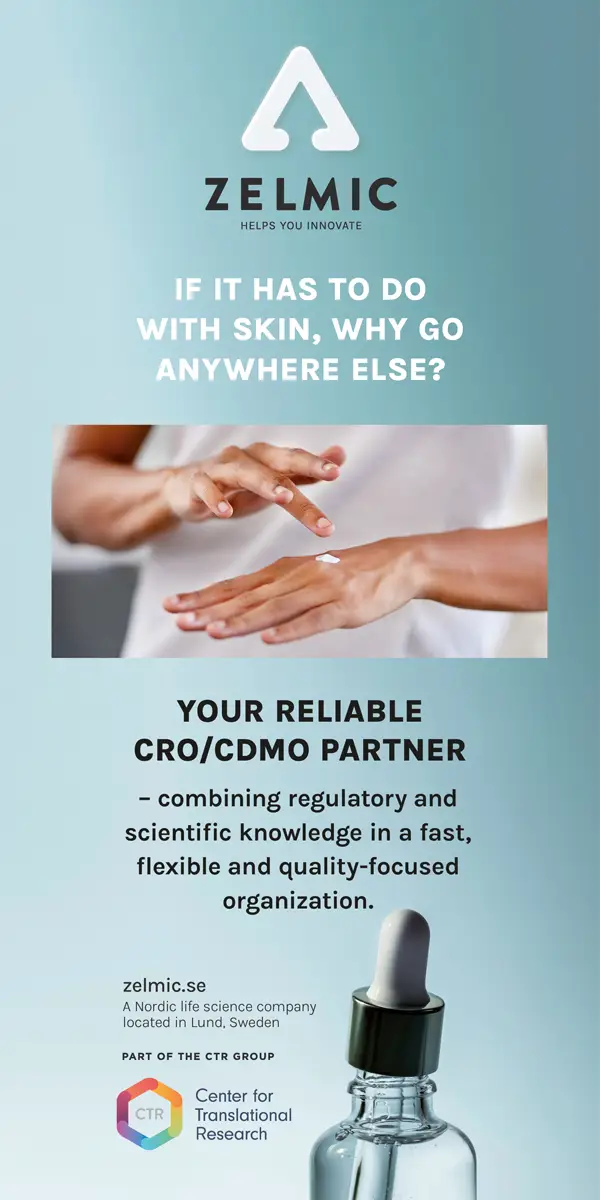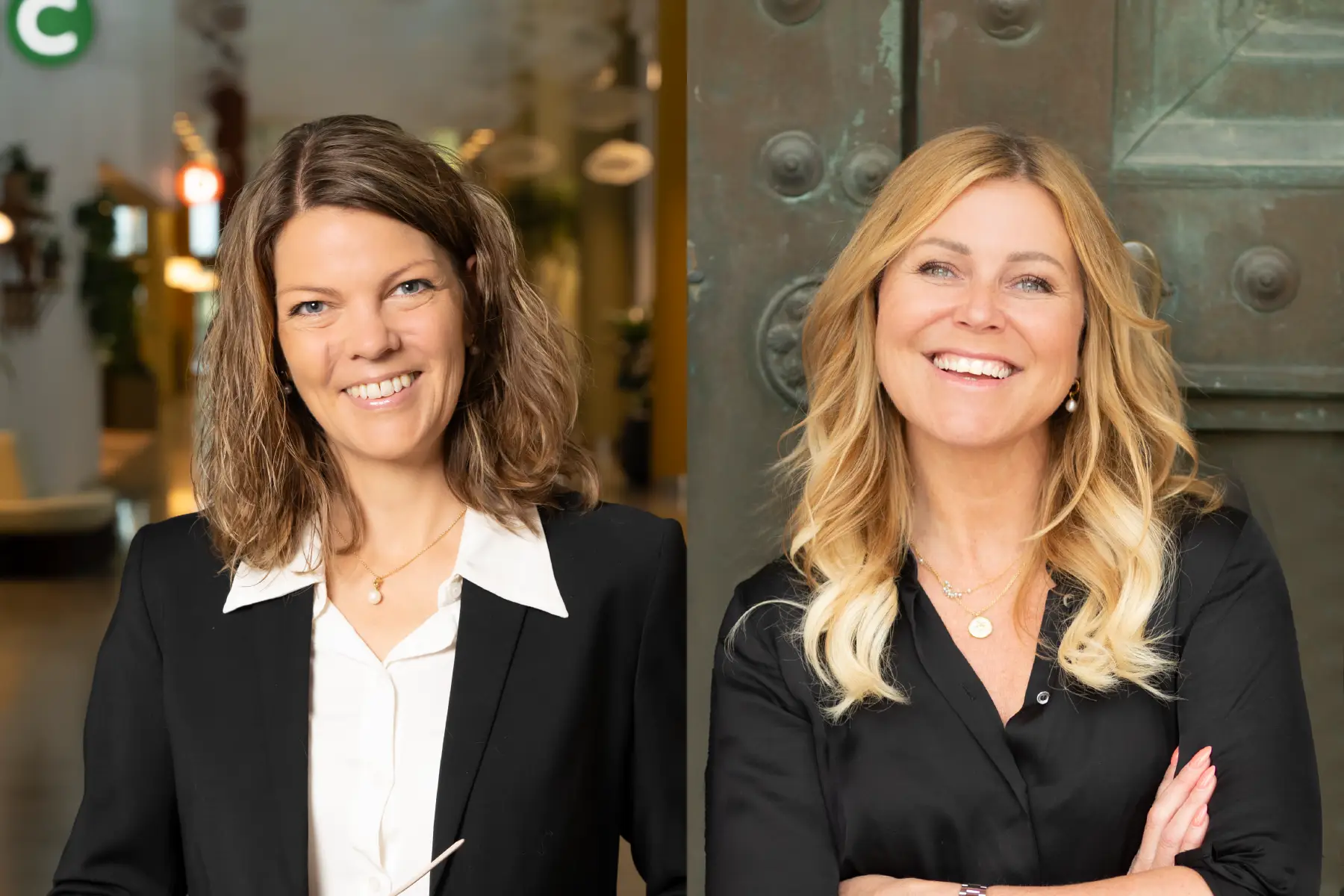A key player in the development of Real-World Evidence
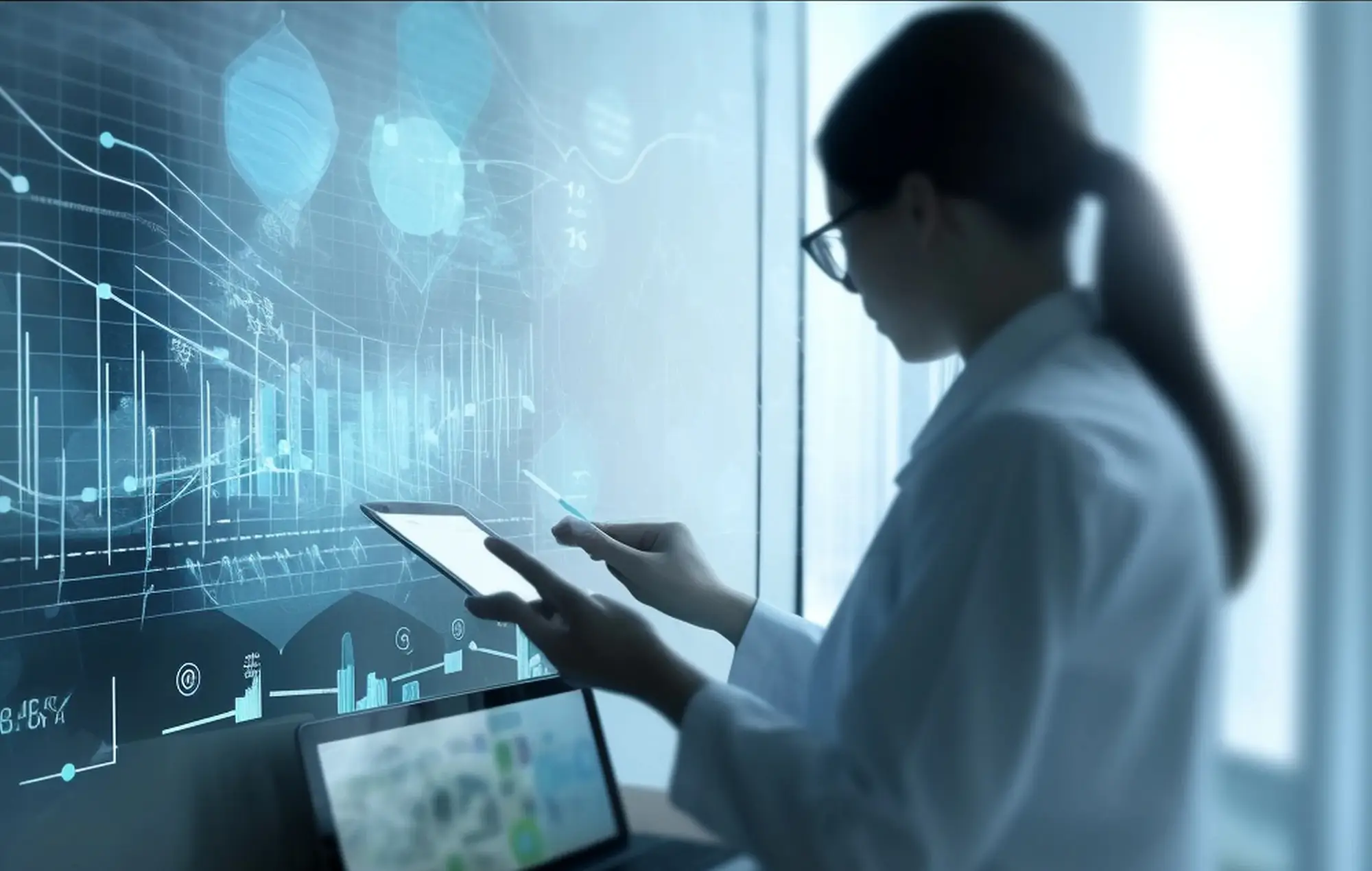
Randomized clinical trials have long been the gold standard for measuring the effect of new medical interventions. However, limitations such as low generalizability to clinical practice and high costs have increased the need for Real-World Evidence (RWE) – that is, insights and conclusions drawn from data collected from patient records, national health registries, and health surveys.
– Across the entire drug development process, starting as early as the planning of clinical studies, we see an increasing need for Real-World Evidence. At the same time, regulatory authorities in Europe and North America have made it clear that pharmaceutical companies must be able to provide these kinds of data-driven insights, explains Christian Jonasson, Head of Research and co-owner of NordicRWE.
Real-World Evidence is today regarded as critical for promoting evidence-based medicine and bridging the gap between clinical research and practice. The Nordic countries provide extensive, high-quality longitudinal data that is accessible for research. The publicly funded healthcare systems across the region collect comprehensive data throughout individuals’ lifetimes – from birth, through medication and vaccination use, hospital and primary care visits, diseases and treatments, to death.
– The opportunities are endless, provided you have the right expertise and access to registry data and electronic health records. NordicRWE has obtained approvals from registry holders and ethics committees for several studies and has extensive experience in using Nordic health registry data in epidemiological research, with several ongoing RWE projects, says Steinar Thoresen, Medical Director at NordicRWE.
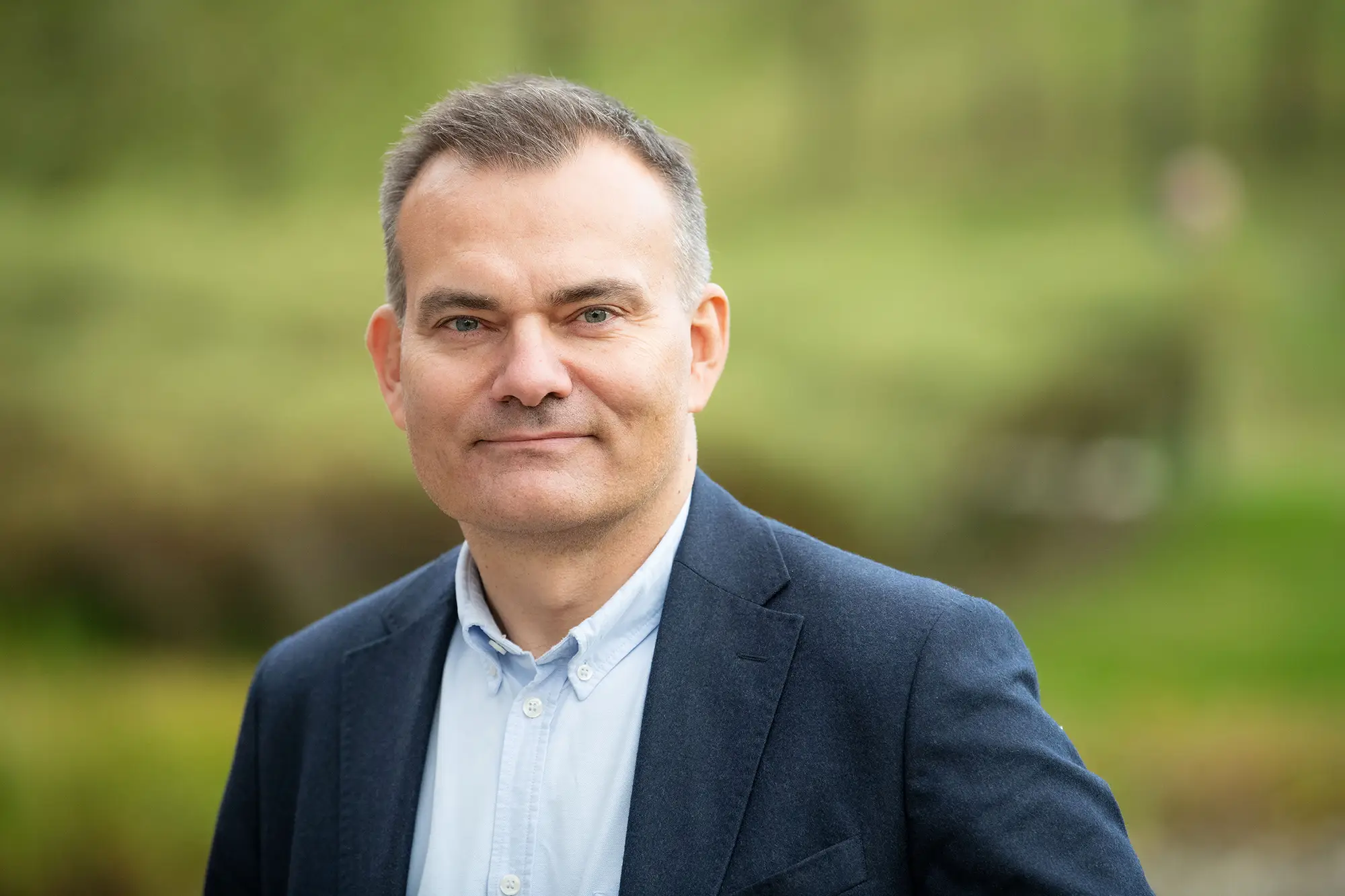
R&D-Driven Solutions
Recognizing the growing need to leverage health data in the Nordic region, and building on long-standing experience and expertise across the public sector, academia, and the pharmaceutical industry, Christian Jonasson, Steinar Thoresen, and two experienced colleagues founded NordicRWE in Oslo in 2021.
– Today, we have a fantastic scientific team with deep experience in epidemiology, advanced analytics, pharmaceutical research, and innovation. We focus on R&D-driven solutions, providing critical insights at different stages of the drug development cycle, says Christian Jonasson.
– The goal of our R&D-based solutions is to deliver services and products that both the pharmaceutical industry and public authorities find valuable.
NordicRWE also provides contract research services for pharma and biotech companies in need of Real-World Evidence support.
– We are a full-service provider capable of managing the entire research process, and we count several of the largest pharmaceutical companies among our clients. For example, we are currently running a major client project within kidney disease, where we are conducting prospective data collection including laboratory results and data not captured in registries, which we then combine with registry data in a subsequent phase.
NordicRWE’s research and development is founded on a scientific and research-driven approach, carried out in collaboration with data owners, clinical experts, and academic partners. The company’s own research focuses on three main areas – external control arms and emulation studies in oncology, drug signal detection, and AI and language models in RWE analysis – all of which are co-funded by the Research Council of Norway. Within the area of external control arms, NordicRWE uses health data to simulate clinical trial populations and replicate trial outcomes.
– This approach is particularly relevant in oncology, where new precision therapies based on biomarkers often involve small, selected patient groups and shorter follow-up, making it ethically and practically very difficult to conduct randomized placebo-controlled trials, explains Steinar Thoresen.
– Pharmaceutical companies and regulators still need a comparator, and we provide expertise in how to use health data to build such external reference arms. In this area, we have published several studies that have attracted international attention.
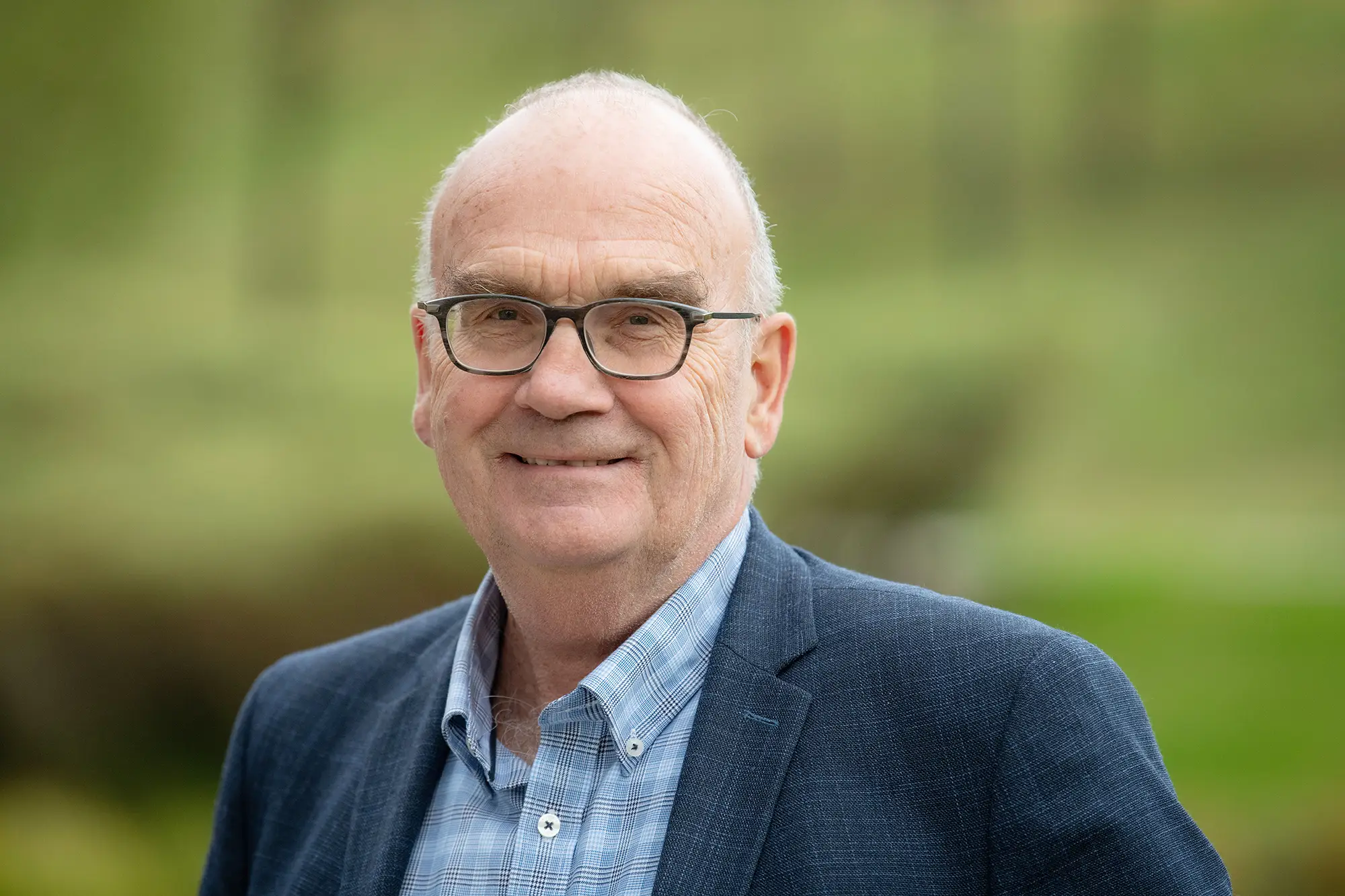
Discovering new patterns
In the field of drug signal detection, NordicRWE introduces a novel data-driven approach to drug discovery and pharmacovigilance, combining machine learning for hypothesis generation with rigorous pharmacoepidemiological hypothesis validation using longitudinal data.
– Here, we have access to very broad datasets and apply machine learning, AI, and biostatistical methods to see if we can identify new patterns in drug use, patterns that may serve as hypotheses for further research, says Christian Jonasson.
– For example, we are investigating whether existing medicines could slow or protect against dementia progression. This could include cardiovascular drugs or immunological therapies that might have an effect on the development of dementia.
The third research area, AI and language models in RWE analysis, leverages artificial intelligence to learn from real-world patient health data in order to make drug development faster, safer, and smarter.
– To achieve this, we use language models and fine-tune them on health data. These models reveal patterns that traditional statistical methods and machine learning techniques often miss.
– This is an area where major pharmaceutical companies are investing heavily. We have already completed a couple of pilot projects and are now continuing our work in AI and language models, Christian adds.
In autumn 2024, NordicRWE, headquartered in Oslo, became the first Norwegian company to join AstraZeneca BioVentureHub at the R&D site in Gothenburg.
– Becoming part of BioVentureHub is an important step for us, enabling closer collaboration with our Swedish clients and partners, while also giving us access to the knowledge and guidance available within AstraZeneca R&D and opportunities to establish new key partnerships, says Christian Jonasson.
Want to know more about NordicRWE? Contact the company at info@nordicrwe.com.






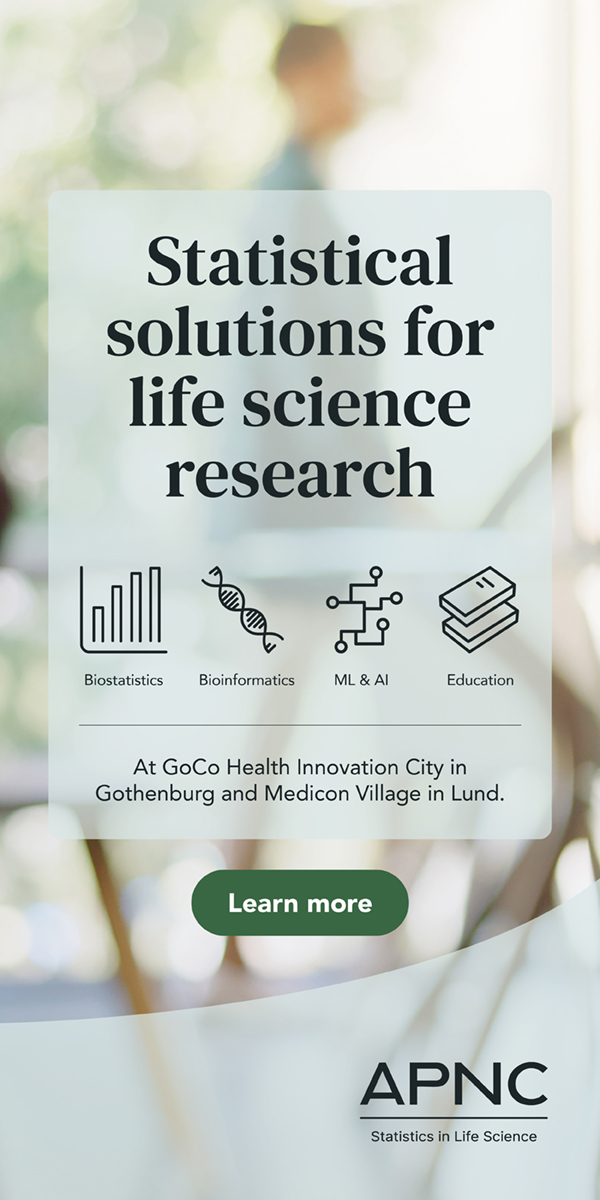

-1%20kopiera.webp)


